Many know the famous painting by Jaques-Louis David, "The Oath of the Horacios", which according to a legend collected by Tito Livio, tells us about the dire fate of two rival families, Los Horacios and Los Curiacios .

The protagonist of our story today belonged to the family of the Horatii , in fact almost every male in this family Publius, Marcus, Gaius and Lucius were called, but none was called "Cocles" and that's a curious detail, and you will see why...
Let's pause to do something that will help you understand Roman history a little better and has to do with the mysterious name of Cocles . To start I tell you that in Rome the name was not so important and there were not many, what mattered was the " Nomen " of his "Gens"

This is a good opportunity to explain the issue of how the name was chosen in Rome and you will see why the " Cocles " thing is strange. So beware that it is somewhat complex. And the first thing they have to know is that the man was chosen by the Pater Familias, that is, the father of the family.

That he could certainly decide whether or not a child entered his family. If he decided not to, because he abandoned him there or did not recognize him within his family, but if he decided yes, then he gave him a name.
With the girls it was a little easier because the women had only two names: the " nomen " and the cognomen, the nomen is like the equivalent of our last name and the cognomen is a kind of nickname.
That nickname sometimes had nothing to do with you, and I'll explain that ...
The nomen (last name) depends on your Gens, something like your family, or rather many families that descended from a common ancestor.
Like Julius Caesar who was from the Gens Julia (that was not her name then) So Julia was your last name and your nickname could be the daughter of, or...
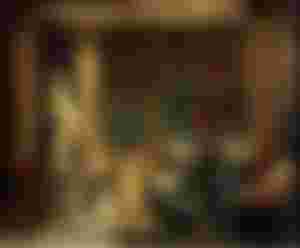
If you were the first daughter they simply called you "Julia Prima" or Something related to your father. But the names of the women hardly mattered.
In the case of men it was much more complicated but I am going to summarize them for you and once finished you will be able to better understand the Roman story and that of our protagonist. Although by this point they already know that he is not called Horacio, he is called Cocles .
Today his name would be Cocles Horacio.
The entry men did have praenomen (name), a nomen, and the cognomen.
The praenomen was your first name, the nomen the last name and the cognomen is a nickname, for example "Cayo Julio César" who was almost bald and that's why they called him "Cesar" (hair).
"The hairs" almost almost.

But you could earn another... "name" for calling it somehow, and it was called Agnomen , you almost always earned it in battle, like Publius Cornelius Scipio Africanus.
The “ Africanus ” earned it by defeating Aníbal Barca (who was African).
And so the names were made.
This is a step or later to understand the ancient Roman world, if you have doubts then we continue but the " Cocles " thing is rare because according to Plutarch it means Cyclops, and since no ancestor of Cocles was called that, it was surely a nickname to make fun of that he was one-eyed.
One day I will tell you how the last king of Rome (Tarquinio the superb) was expelled and a republic was established, I tell you that this last king was not easy to beat.
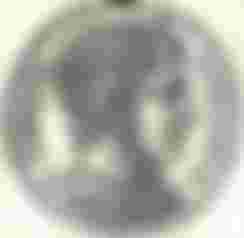
This Etruscan blood character went to Lars Porsena , Etruscan king and asked for help.
Lars saw the perfect opportunity to destroy Rome and put himself in command of a large army.
The Romans sent several assassins knowing that they could not win the war.

Do not think of the Roman legions as in the movies, that army would come later with reforms made by a man named Cayo Mario, at this time the army resembled that of ancient Greece and depended not on its strength as a whole but on the courage each.

For example, we know that in 509 BC the senate sent Cayo Muncio , a brave young man who infiltrated the Etruscan camp and tried to assassinate King Lars. But he was captured before accomplishing his mission.
To demonstrate that he was not afraid of them, he put his hand on the fire .

And so he endured while delivering a speech on the will and courage of each Roman .
He so impressed the Etruscans that they let him go, but he was never able to use his hand again. The invading army advanced each day without meeting resistance until they reached the Janiculum .

The Janiculum is a hill, and next to the Sublicio bridge they were the first line of defense of Rome.
As a curious fact that was the first bridge that was built in the city, if the invaders crossed it, everything would be lost.

And there was our protagonist, Horacio Cocles , under the command of two consuls that the senate had sent to defend the city; Marco Valerio Voluso and Tito Lucrecio Triciptino .
Both gave a passionate speech to their men and confronted the Etruscans in the Janiculum .

Minutes later they were lying on the ground, wounded and terrified, their men thinking that they were dead ran to cross the bridge and take refuge in the indefensible city, but Horacio Cocles, noticing that one of them was guided alive, approached him and told him to order that the bridge was destroyed before the Etruscans crossed it, only then could the city be saved.
The order was given but it was too late, the Etruscans were already halfway across the bridge, and then Cocles turned around and faced the invaders alone.

Two veterans named Larcio and Herminio are said to have joined their fight but all three men were injured. The old soldiers left but he refused and continued fighting to try to save time.
He knew he only needed to hold on a little longer but he lost his sword .

As he could he took a spear and wounded, probably one-eyed and almost without strength, he continued fighting until suddenly the bridge fell.
The last thing he said was: "Father Tiber , I beg you to receive these weapons in your current and this warrior of yours"
Rome was saved.

The Etruscan king did not dare to do anything else and settled for a peace treaty where he forced the Romans not to make any more weapons and to give him a group of women, boys and girls to serve as hostages / slaves.
But a girl named Cloelia ran away freeing several.
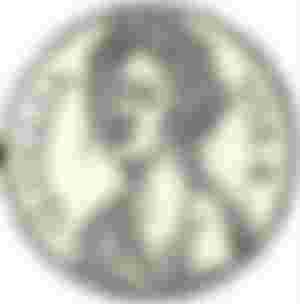
In the end they caught her but Lars Porsena knew that the Romans were serious and she admired Cloelia so much that she let her choose half the hostages and set them free, she let all the boys and girls go and the women sacrificed themselves.
But what happened to Horacio Cocles ?

Some say he fell so hard that he broke his leg and could never walk well again, but they gave him a large expanse of land, a fortune, and made him a bronze statue. Although according to Polibio , he only received the statue as a tribute since he died in the fall.

However his story ends here, but in Rome this great hero was never forgotten, he dared what no one else did and although everyone thought it was wrong, in the end they all ended up swallowing his words.

For this reason, its history teaches us that you never get discouraged in an adverse situation, your attitude towards it is the only thing you can control. Listen to your heart, move forward at your rhythm and never forget that you should not listen to "Constructive Criticism" coming from people who have never built anything.
Thanks @MarcDeMesel and @Read.Cash For building this community day by day, Thank you for giving us this platform to express ourselves freely, thank you for continuing to believe in this community, my publication today was dedicated to you, because each of you is a warrior like Horacio Cocles.
End.
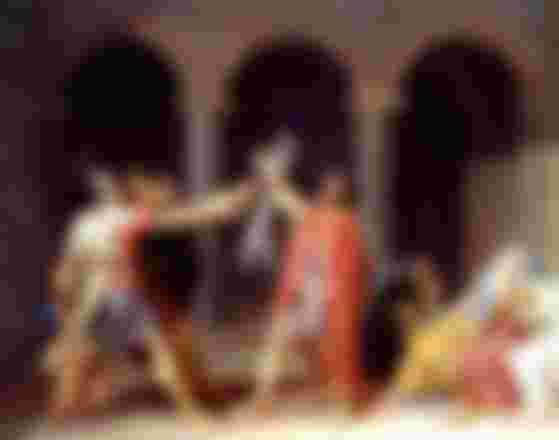
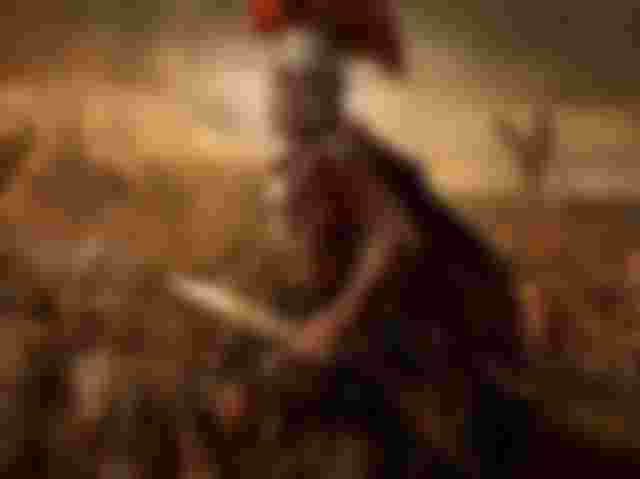
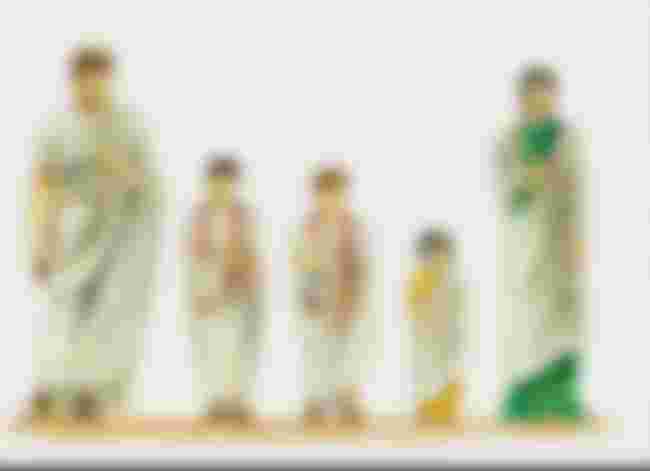
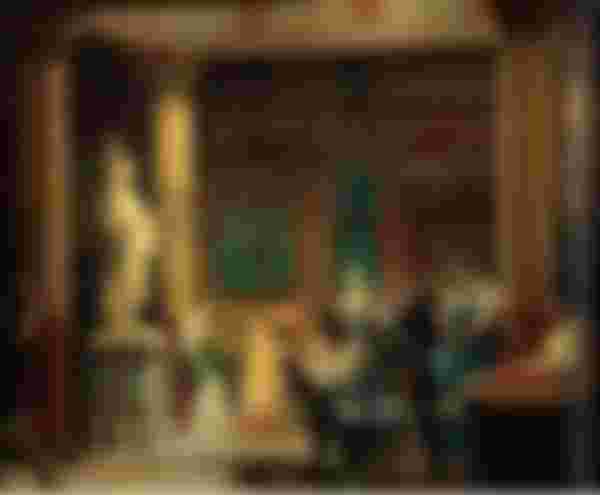

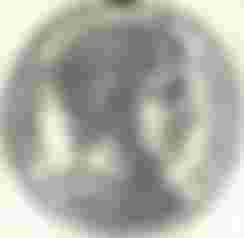
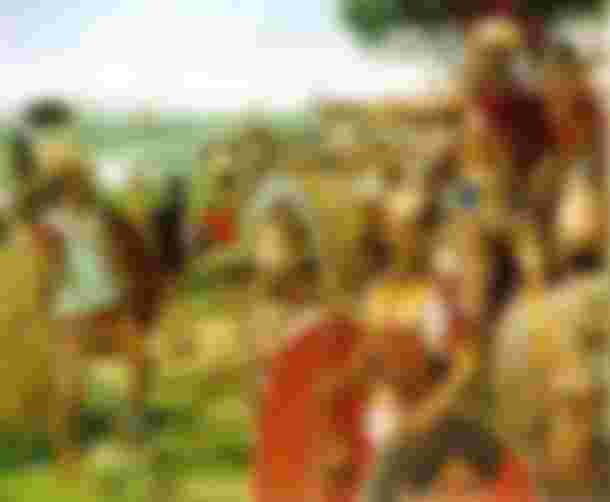

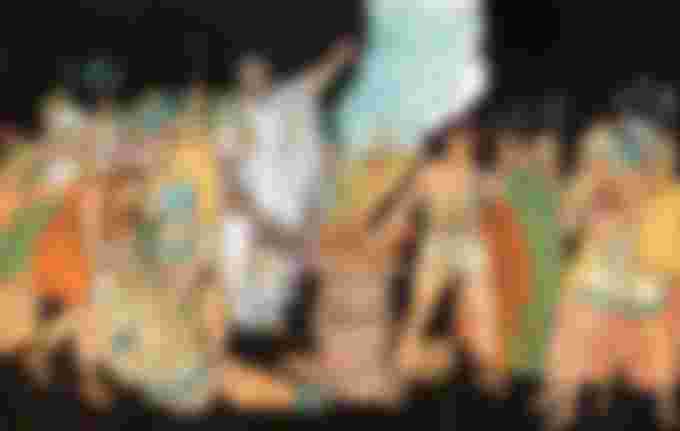



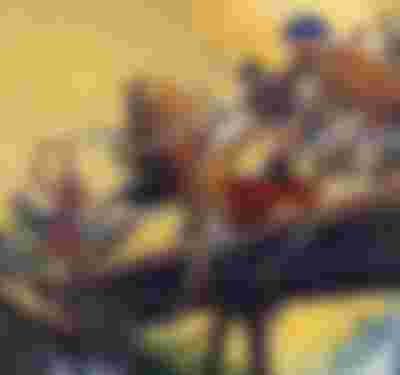

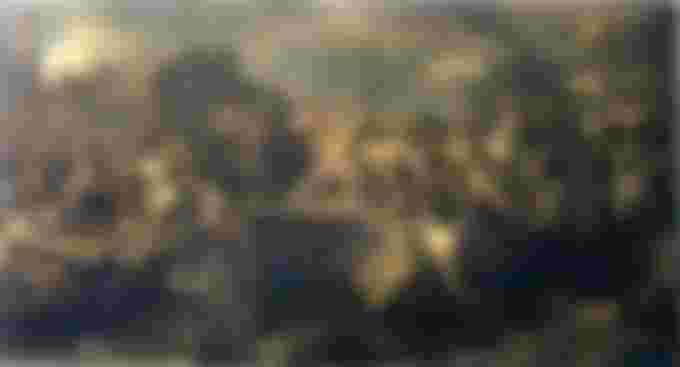
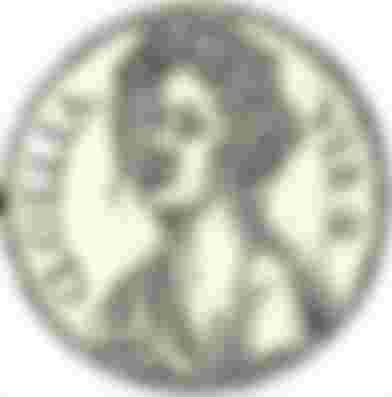
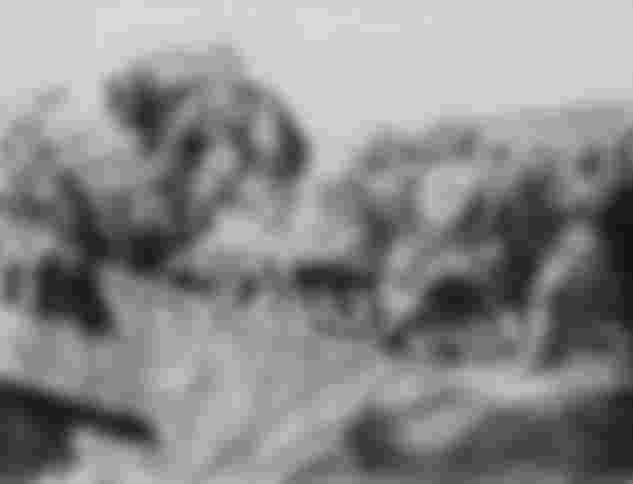
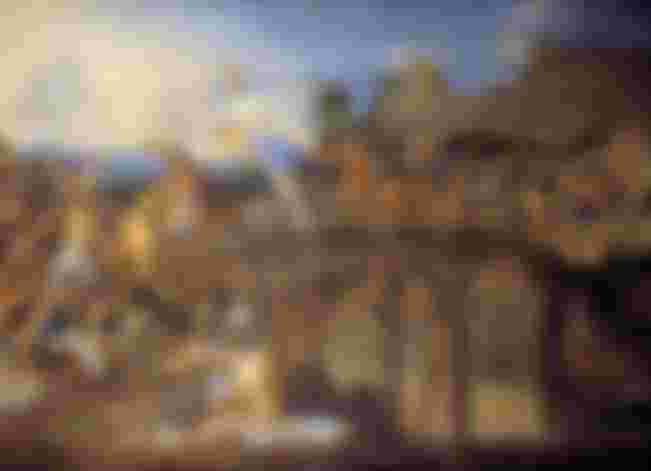
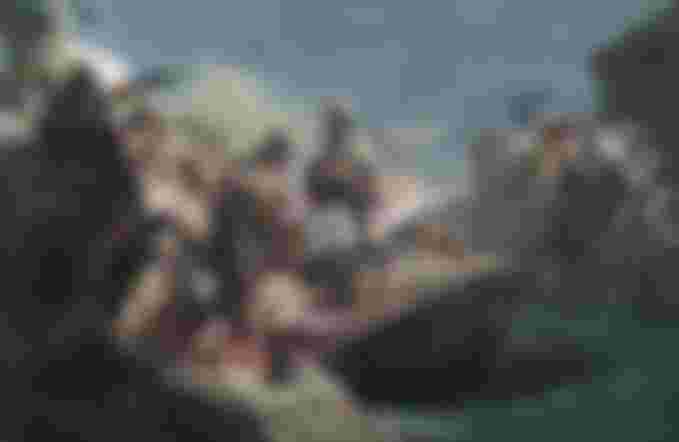
Nice sir 👍👍